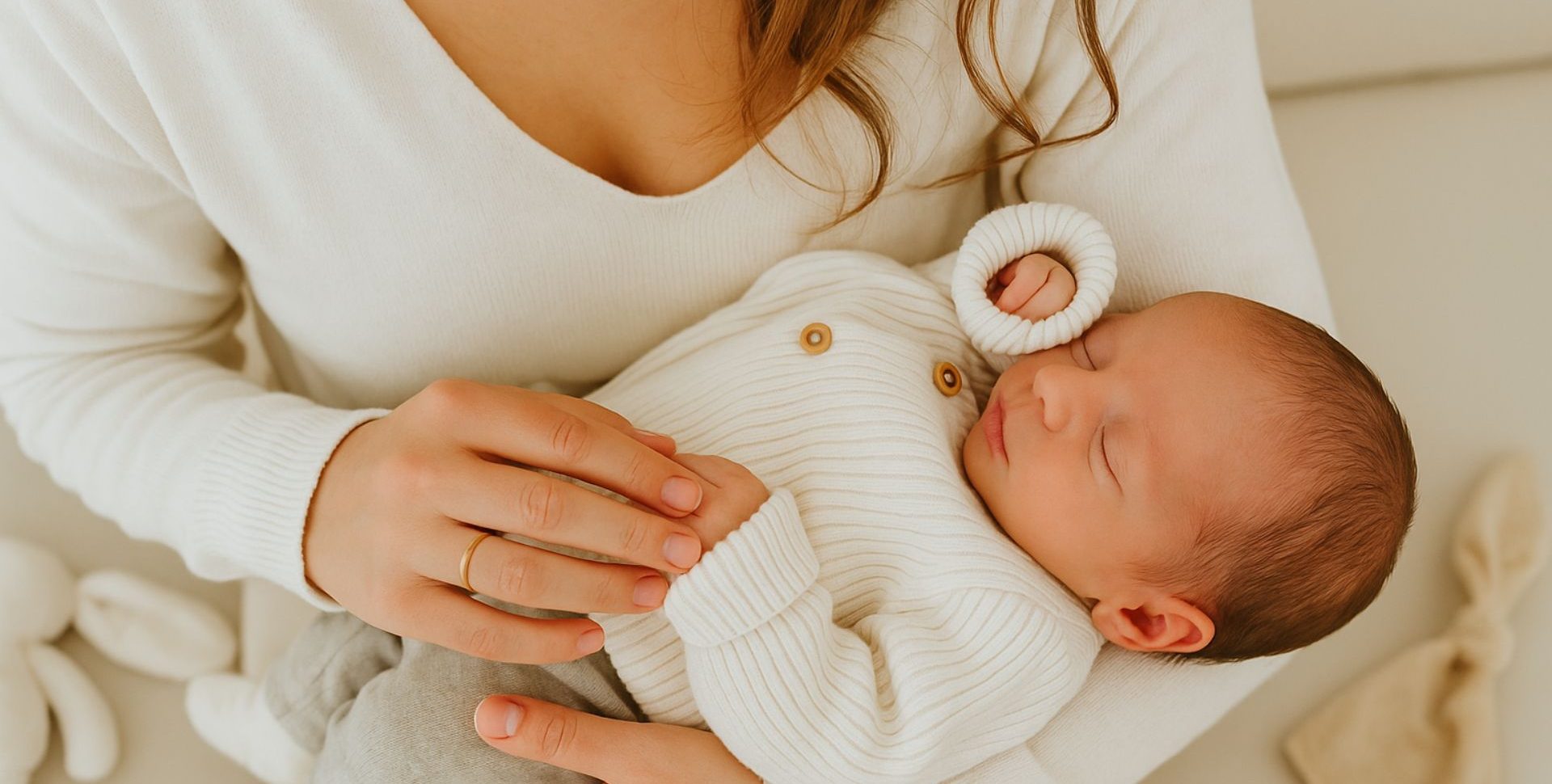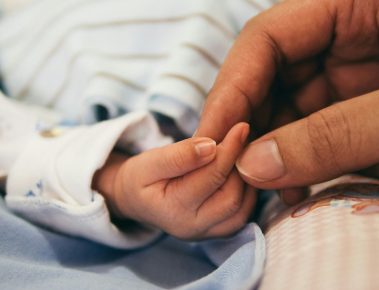Pregnancy is a unique period of transformation—physically, emotionally, and psychologically. For many women, it brings joy and anticipation. But for others, it can awaken deep, long-buried wounds from childhood.
What does this mean in practice? And how can it affect both the mother and the unborn baby?
What Is Childhood Trauma?
The term “childhood trauma” refers to stressful or painful experiences that overwhelm a child’s ability to cope. These may include:
- Physical, sexual, or emotional abuse
- Neglect (physical or emotional)
- Exposure to domestic violence
- Loss of a parent or primary caregiver
- High-conflict divorce
- Mental illness or addiction in the family
These wounds don’t just fade with time. They’re “written” into the body and brain and can impact emotional regulation, relationships, and even physical health later in life.
Pregnancy: A Window of Vulnerability—or Opportunity
While pregnancy is a natural process, it’s also a profound psychological transition. Hormonal shifts, changes in body image, and lifestyle adjustments can trigger emotional upheaval.
For women with a history of trauma, this period may resurface past emotions, memories, or behaviors. Common signs include:
- Heightened anxiety or irritability
- Difficulty bonding with the fetus
- Return of depressive symptoms
- Vivid dreams or flashbacks
- Avoidance of medical appointments (especially gynecological exams) due to retraumatization
Yet, pregnancy can also be a powerful opportunity for healing. The instinct to protect one’s child often activates deep inner strength, prompting mothers to confront and work through their past trauma.
How Is the Baby Affected?
Science now clearly shows that a mother’s emotional state during pregnancy influences her baby’s development. The womb is the very first environment where a child’s mental and physical well-being begins to take shape.
Research indicates:
- A mother’s chronic stress can alter fetal cortisol levels, affecting brain development.
- Babies of mothers with trauma histories are more likely to have difficulties regulating emotions or sleeping.
- There’s a higher risk of developmental or emotional challenges during childhood.
But this doesn’t mean a child is “doomed.” Each baby is unique, and a secure bond with their mother is a powerful protective factor. It simply reminds us how vital it is to support the mental health of expectant mothers.
How Can a Mother with a Trauma History Be Supported?
1. Awareness and Acceptance
Acknowledging that the past affects the present is the first step. It doesn’t mean someone is unfit to parent—it means support is needed.
2. Psychological Support
A safe therapeutic relationship offers space for healing. Cognitive-behavioral therapy (CBT), trauma-specific approaches like EMDR, or psychodynamic therapy can all be helpful.
3. Education on Anxiety and Body Reactions
Relaxation techniques, mindfulness, and body-centered therapy can help regulate stress responses.
4. Strengthening Support Networks
Supportive relationships—with a partner, family, or community—act as vital buffers.
5. Open Communication with Health Professionals
Being honest with a midwife or OB-GYN is crucial. A trauma-informed medical setting can significantly reduce the risk of retraumatization.
What If I’m a Parent Who Experienced Trauma?
Many parents with trauma histories worry about “passing it on” to their children. The truth is—trauma isn’t inherently contagious. Silence is. On the contrary, self-awareness, seeking help, and honest connections with our children are the strongest forms of protection.
Even if you didn’t have good parenting role models, you can still carve your own path—one rooted in love, patience, and learning.
In Summary
Childhood trauma may leave deep marks—but it doesn’t determine your future. Pregnancy is not only a time to bring a new life into the world, but also a chance to nurture your own.
If you’ve gone through hard times, you deserve care, support, and space to heal. No one needs to be a “perfect” parent. Being “good enough”—with love for your child and perhaps, for the first time, for yourself—is more than enough.
Written by: Eleni Stamou, Psychologist BSc, MSc
______________________
This article was published in the “Kids” section of Beater.gr, in collaboration with the editorial team of Winimo.
Visit www.winimoapp.com and ask anything you need to, wherever you are.
Follow Winimo on Instagram or find its page on Facebook.
WinimoApp

